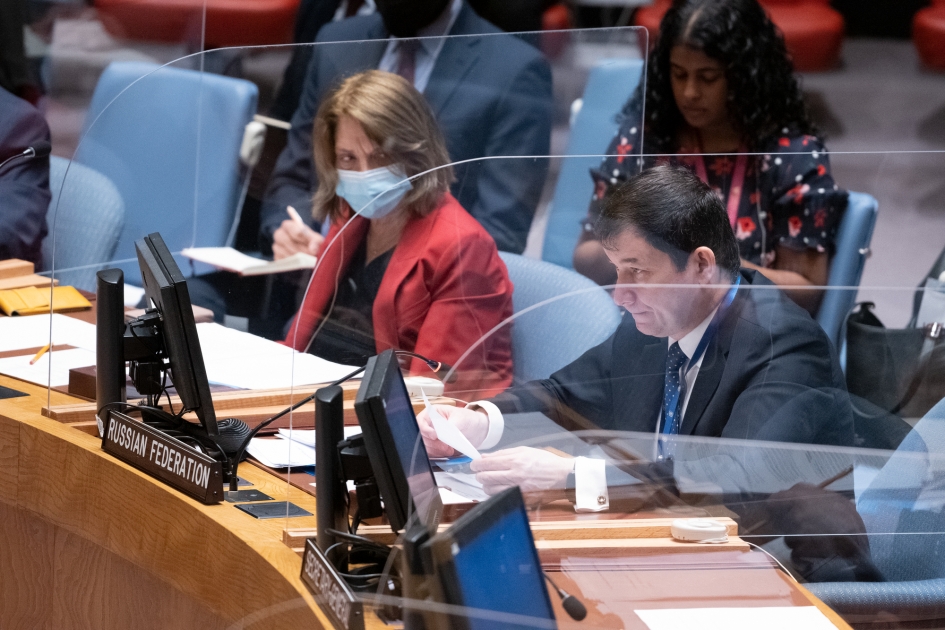Statement by First Deputy Permanent Representative Dmitry Polyanskiy at UNSC briefing on the situation in Libya
Mr.President,
We thank USG DiCarlo and Chair of UNSC Sanctions Committee 1970 Ambassador Tirumurti for the briefings. We followed closely the remarks by Ms. Jibril.
We respect the wish of Libyans to solve their domestic problems by themselves. It is from this standpoint that we perceive the endorsement by the Libyan House of Representatives of a new composition of the government led by Prime Minister Bashagha. This is an important step towards overcoming the protracted crisis.
At the same time, the overall dynamics in Libya after the cancellation of general elections that were initially scheduled for December 2021 raises concern. There are risks that the country may develop duality of power and have the situation deteriorate, which may bring back armed confrontation. This must not happen. We stand for resolving the existing disputes through negotiations and compromise.
We hope that in this complex situation, Libyans will be able to reach national concord and solve the challenging tasks of the interim period through an inclusive dialogue. It is critical to make progress at such tracks as unification of administrative and enforcement bodies of Libya, improvement of economic and social aspects. It is particularly important to prepare for convening general elections within a reasonable time frame.
So far, we see no considerable progress of military settlement. By all means, it is positive that there have been no active hostilities in Libya for more than 12 months and that 5+5 Joint Military Commission convenes regularly. However, the sides take no concrete steps to prevent possible escalation of confrontation, which is still there. They have not started to withdraw heavy weapons and relocate combat units. This threatens to break the ceasefire through an intended provocation or an occasional incident.
As for the evacuation of foreign forces from Libya, our position is rather clear. We consistently stand for a synchronized, well-balanced, gradual, and step-by-step withdrawal of all non-Libyan armed groups and military formations. We are convinced that such an approach will make it possible to not disrupt the balance of forces and therefore not trigger an escalation.
We would like to stress that we look forward to appointment of a new Special Envoy for Libya, whose engagement in the interests of comprehensive Libyan settlement is demanded today as never before. The position of Russia remains unchanged – the candidate must be acceptable for Libyans, supported by the regionals, and endorsed by UNSC members. We are concerned that amidst current developments that influence the political situation in Libya dramatically, UNSC members receive from the Secretary-General very limited information as to the activity of his Special Adviser, Ms.Stephanie Williams. We are also surprised that the penholders of the Libyan file at the Security Council are not as active here as at other tracks and prefer to not cast light on the serious developments taking place in Libya.
In conclusion, we remain concerned over the problem of illegal migration and spreading of arms in Libya, which affects the security of that country and wider Sahara-Sahel region. It is obvious that even after 11 years, Libya has not recovered from NATO's illegal intervention that ruined its statehood. We also underscore that international restrictions must help the political process in Libya and add to bringing stability to the country, rather than impede these processes. Restrictions should work to preserve the Libyan assets rather that help Western states profiteer from them.
Thank you.
